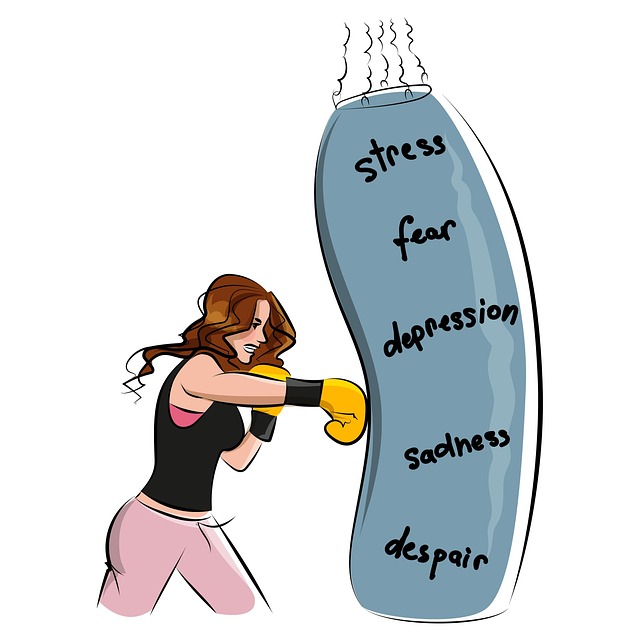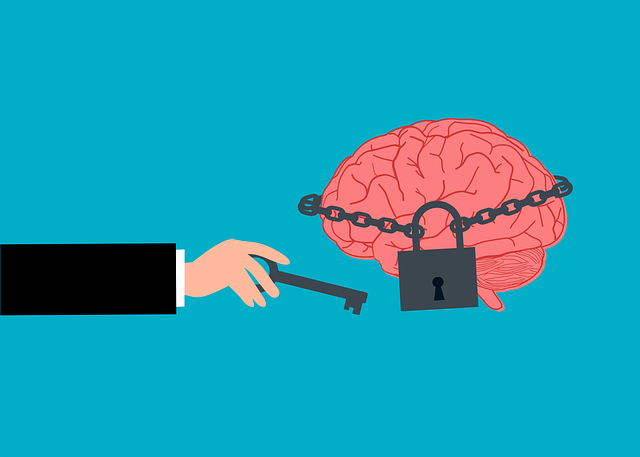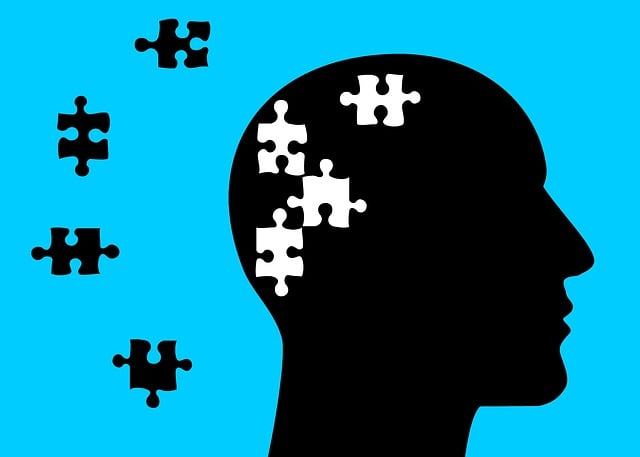Crisis Intervention Teams (CITs) play a vital role in supporting blended families facing emotional crises by providing specialized guidance from therapists, counselors, and social workers. Effective CIT training for superior blended families therapy involves focusing on mental wellness, conflict resolution, and identifying distress signs. Integrating Superior Blended Families Therapy into these programs equips professionals to handle diverse family dynamics, with real-life stories and workshops enhancing skills in stress management and healthcare provider cultural competency.
Crisis intervention teams play a vital role in supporting families navigating complex situations. This article explores the importance of specialized training programs, focusing on their impact in blended family contexts. We delve into the key components that make up effective crisis team preparation and highlight the integration of Superior Blended Families Therapy as a game-changer. By understanding these aspects, professionals can enhance their ability to assist families during crises, fostering resilience and positive outcomes.
- Understanding Crisis Intervention Teams: Their Role and Impact in Blended Families
- Components of Effective Training Programs for Crisis Intervention Teams
- Integrating Superior Blended Families Therapy into Crisis Intervention Training
Understanding Crisis Intervention Teams: Their Role and Impact in Blended Families

Crisis Intervention Teams (CITs) play a pivotal role in supporting families facing challenges, especially those navigating complex dynamics like blended families. These teams are designed to offer immediate assistance and guidance during crises, ensuring the well-being of all involved members. In the context of blended families, where individuals from different backgrounds merge their lives, CITs provide specialized help. They assist in managing emotional intensities, facilitating effective communication, and promoting healthy coping strategies.
By integrating various professionals like therapists, counselors, and social workers, superior blended families therapy becomes accessible. These teams empower family members to develop robust coping skills, manage stress, and prevent burnout, which is particularly crucial for healthcare providers involved in such cases. Stress management workshops and organization-led initiatives can further enhance the impact of CITs, fostering a supportive environment that encourages open dialogue and resilient responses during crises.
Components of Effective Training Programs for Crisis Intervention Teams

Effective crisis intervention team training programs are multifaceted and tailored to prepare professionals for a wide range of situations. A superior blended family therapy approach, for instance, should encompass several key components. Firstly, these programs must focus on Mental Wellness by equipping teams with strategies to recognize and manage their own emotional states during high-stress scenarios. This self-care aspect is vital to ensure the team’s longevity and effectiveness.
Secondly, training should delve into Conflict Resolution Techniques, providing a toolkit for de-escalation and mediation. Mental health awareness is another critical element, enabling teams to identify signs of distress in individuals and offer appropriate support. Through interactive simulations and role-play scenarios, participants can hone their skills in handling crises, fostering an environment that promotes both safety and healing.
Integrating Superior Blended Families Therapy into Crisis Intervention Training

Integrating Superior Blended Families Therapy into crisis intervention training programs offers a unique and valuable perspective on addressing complex family dynamics. This therapeutic approach recognizes that modern families come in diverse forms, encompassing blended families with step-parents, half-siblings, and multi-generational households. By incorporating this model, trainers can equip participants with essential skills to navigate the challenges posed by these intricate relationships during crisis situations.
The Mental Wellness Podcast Series Production often highlights real-life stories from blended families, providing rich case studies for training. These narratives illustrate effective communication strategies, conflict resolution techniques, and emotional support mechanisms that can be adapted into crisis intervention practices. Moreover, Stress Management Workshops Organization within the context of this therapy focus on teaching participants how to recognize and manage stress in blended family settings, fostering a more stable environment during critical intervals. Additionally, Healthcare Provider Cultural Competency Training benefits from Superior Blended Families Therapy by promoting cultural sensitivity towards diverse familial structures, ensuring that interventions are inclusive and tailored to individual needs.
Crisis intervention team training programs play a pivotal role in equipping professionals with the skills to navigate and de-escalate family crises. By integrating Superior Blended Families Therapy into these programs, we can enhance the quality of support offered to blended families in distress. This approach ensures that teams are well-prepared to handle complex dynamics and promote positive outcomes for all involved. Effective training, combining theoretical knowledge with practical exercises, empowers teams to make a meaningful impact during critical moments, fostering healthier family environments.











